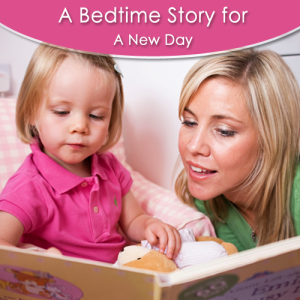Holidays are a joyous and memorable occasion that we share with our friends and family. We keep the tradition of giving by exchanging gifts and spending quality time together.
However, for many families, the struggle for survival does not change with the arrival of festivities. Sharing or exchanging gifts is not a possibility. We could acknowledge the blessings we have by giving back to people from disadvantaged background, at the same time keeping the spirit of giving alive. [Read more…]







